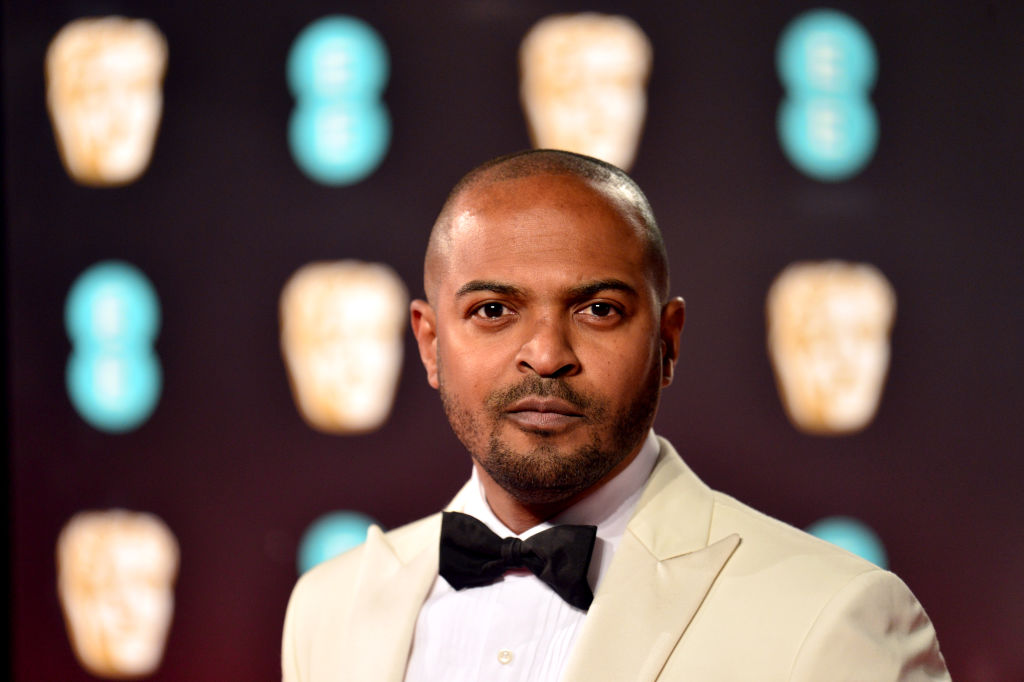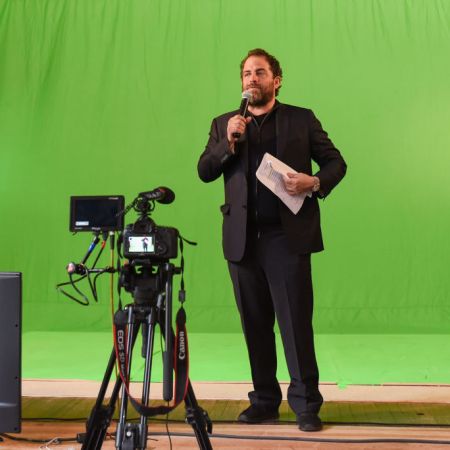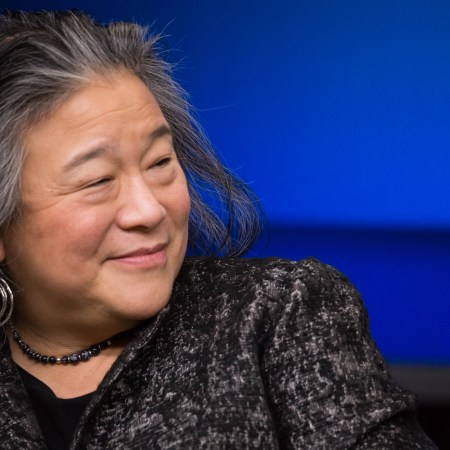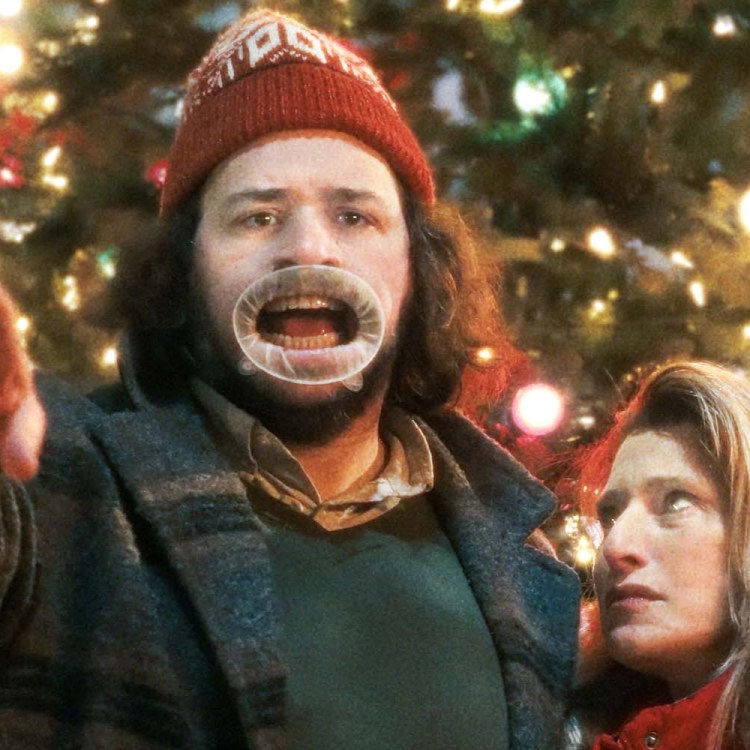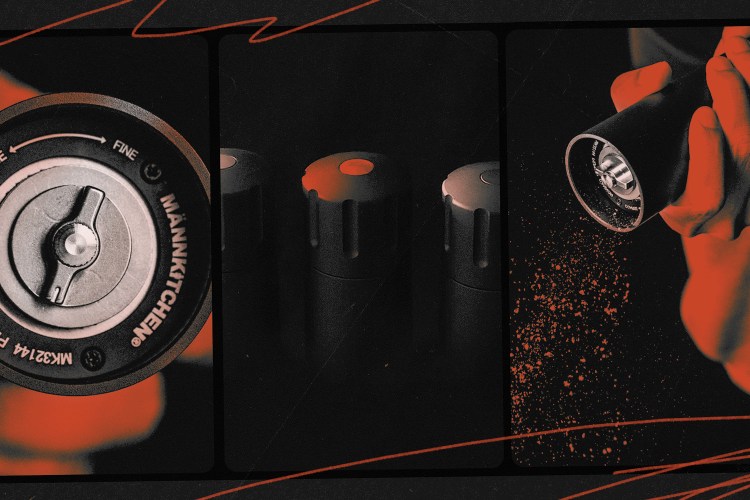In recent years, there have been a number of highly publicized cases of the film and television industry reacting to instances of sexual misconduct as they’ve taken place. Sometimes, that’s involved firing high-profile figures from an ongoing project. But what happens when the accused misconduct took place on a project that has long since run its course — or when the person accused of behaving badly is no longer involved?
That situation was recently brought into sharp relief with the case of actor Noel Clarke. Clarke spent several years as a cast member of Doctor Who; his stint on the show ended in 2010, and, according to recent reports, Clarke behaved improperly on the set of the show, as well as on several other projects over the years. And while Clarke may be the most prominent actor or filmmaker to be recently accused of such prior behavior, he isn’t the only one.
A new article at Deadline explored what the organization Time’s Up UK is doing to address workplace misconduct reported long after the fact.
“The overwhelming majority of productions have really clear procedures, as do broadcasters, around anything that happens at the time,” said Dame Heather Rabbats, the chair of Time’s Up UK. “The difficulty is what happens in what I call the grey space, and the Noel Clarke allegations are a manifestation of this.”
Rabbats acknowledged that this presented certain challenges. “[W]e have to figure out what to do when we have these revelations that go back a number of years,” she said. But understanding the nature of that challenge is a crucial step — and it’s one that the organization seems to be addressing now.
Thanks for reading InsideHook. Sign up for our daily newsletter and be in the know.
